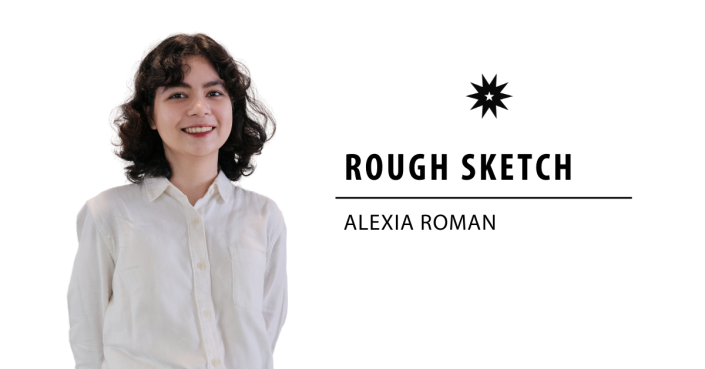I’m not supposed to complain because I’m a liberal arts student. I should find my projects fun and “easy” to do because they’re what most people deem as hobbies. As a communication student, what I do now is incomparable to what I used to do back when I was in engineering. I’m not allowed to be exhausted, but I am.
My transition from Science, Technology, Engineering, and Math (STEM) to liberal arts is often met with misunderstanding and for the most part, disappointment. What most fail to realize is that the challenges inherent in liberal arts disciplines are not lesser; they are simply different. While my peers in STEM may grapple with equations and formulas, these days, I find myself constantly trying to devise a unique and creative way to promote an organization, construct interesting narratives for a production class, and understand and explain nuances and theories on contemporary society—all while still struggling with my own learned prejudice against the arts.
To the general public, especially in the Philippines, STEM fields often take center stage, and the contributions of liberal arts are frequently overshadowed and underappreciated, often deemed frivolous and irrelevant. While the value of disciplines like engineering and medicine is undeniable, the importance of liberal arts cannot be overlooked. However, the lack of recognition for the diverse array of skills and knowledge cultivated in liberal arts programs perpetuates a culture of neglect, which only contributes to the pressing issue of burnout among students and professionals alike.
One of the primary causes of burnout within the Liberal Arts is the relentless pursuit of subjective perfection. Students are inundated with endless readings, essays, production projects, and presentations all under the guise of academic excellence. The pressure to excel academically coupled with the fear of disappointing oneself or others creates a toxic cycle of stress and anxiety. Moreover, after all this, the absence of tangible career paths exacerbates these feelings of uncertainty and inadequacy, leading many students to question the value of their chosen field of study.
Beyond the realms of academia, working professionals carrying liberal arts as their background have problems of their own. When the job market develops a preference for technical skills over soft skills, liberal arts graduates are put at a disadvantage. Followed by yet another common misconception that liberal arts degrees are deemed impractical or irrelevant, the number of qualified people being left out and undervalued in the professional sphere is compounded.
On the other hand, the baggage of social stigma that comes with alternative career choices puts many people off from dreaming about setting up their career, for instance, in literature, philosophy, or the arts. Inevitably, such a situation silences creative ability among so many talented people in favor of so-called “practical” careers from the disillusion of potential.
We must recognize the inherent value of liberal arts education and the myriad of opportunities it affords. It is far from being a frivolous pursuit; the study cultivates critical thinking, creativity, and empathy—skills that are fundamental and indispensable in an ever-evolving world. Also, careers in this field encompass a wide range of industries, from education and journalism to public service and advocacy, offering ample avenues for personal and professional growth.
One could look at the scourge of burnout in the College of Liberal Arts and see that what lies in it is a systemic problem of undervaluing the careers within it. This needs to change. And such an improvement can only be realized when universities such as DLSU actually put the welfare of their students above even creating a culture of never-ending competition. This comprises better and more equipment and facilities, more opportunities that would translate into competitions and other outside opportunities, and the offering of career guidance that will be in line with the varying capabilities of liberal arts students.
Perhaps I am writing this to crush my own prejudice, yet, it cannot be denied that what we do is indispensable to society. We don’t usually engage with numbers and equations and all those “hard sciences” stuff, but our strengths lie in interpreting and contextualizing the intricacies of human experiences and nuances in life.
So yes, I am a liberal arts student. And no, my struggles may not always be visible or easily quantifiable. But they are real. The arts deserve to be acknowledged, not swept under the rug of societal expectations.

This article was published in The LaSallian‘s March 2024 issue. To read more, visit bit.ly/TLSMarch2024.
